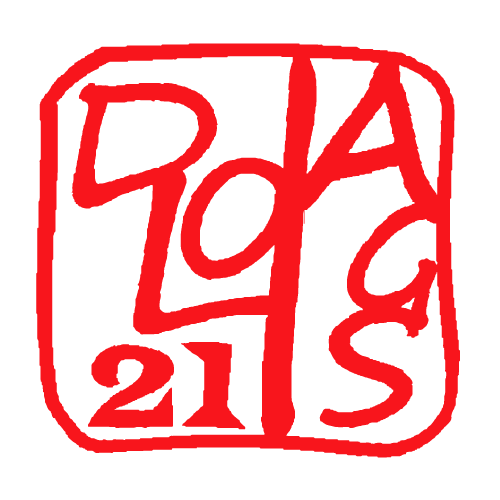Les mots d’emprunt basques abondent dans l’espagnol contemporain (…) Mais j’ai été particulièrement frappé par deux emprunts au basque, tous deux liés à l’idée de « gauche ». La plupart des langues romanes utilisent une forme du mot latin dexter pour dire « la droite » – ‘droite’ en français, par exemple, ‘diestra’ en italien ou ‘derecha’ en espagnol.
Le mot espagnol pour ‘gauche’ n’a cependant rien à voir avec le mot latin ‘sinistro’. Il s’agit de ‘izquierda’, un terme d’apparence très peu latine. Et, en effet, il vient du basque ‘ezkerra’, qui signifie « gauche ».
De même que ‘zurdo’, « gaucher ». L’étymologie est ici moins évidente, mais il semble plus probable qu’elle provienne d’un mot pré-roman lié au basque ‘zur’ « avare », ou ‘zurrun’ « inflexible, dur ».
J’ai trouvé intéressant que zurdo ait ses racines dans la dureté, alors que l’anglais ‘left’ a évolué à partir du vieil anglais ‘lyft’, qui signifiait « mou, faible » (‘right’ lui-même a évolué à partir du vieil anglais ‘riht’, qui signifiait « diriger, guider, gouverner »).
Par : Stephen Whiteley
Source : quicksilvertranslate.com
Pantopique(s) lié(s) :
languelg espagnol
